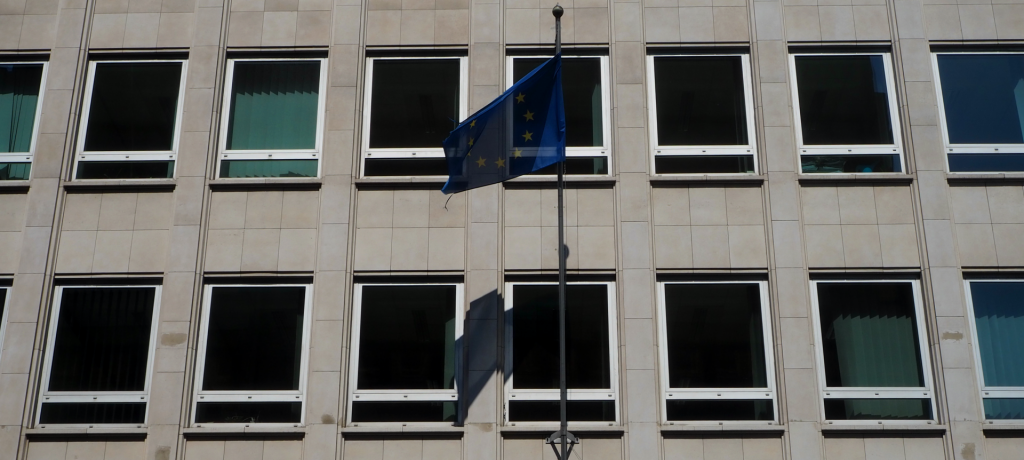
How to be a journalist in Viktor Orbán’s world?
One day you have a job and the next day you don’t. Is it difficult to be a journalist in a country that is ranked ninety-second out of one hundred and eighty by Reporters Without Borders? Not if you write for Orbán, says Hungarian journalist Katalin Halmai.
Katalin Halmai worked for Nepszabadsag for several years. However, on October 8, 2016, the country’s largest opposition newspaper, which had been in circulation since 1956, was suddenly shut down. From one day to the next. “It was Saturday morning; I was listening to the radio. And in the news at nine o’clock I’ve heard that the online version of Nepszabadsag is not accessible anymore,” Halmai remembered. Then she started getting messages from her colleagues and by the evening, or maybe the day after, it was clear what had happened: “The paper was closed, no future,” she said.

“I try to write the truth. So, that is my job, and I would like to continue my job. To give it up is not an option for me.”
Although the official explanation for closing the newspaper was a “business decision”, there were many counter-claims – both from the employees themselves and from the political opposition. Their point was clear: Orbán’s Fidesz party is acting behind the scenes. “We were moving into a new building, so all the journalists packed up all their stuff on Friday, turned in their stories and went home. And on Sunday, we all got our quit notices in the mail,” Halmai said. All journalists were also banned from the new building. “I think it was dirty and prepared in advance,” she added.
All this happened in 2016. Since then, the situation has worsened. As documented by Reporters Without Borders as well as CPJ (Committee to Protect Journalists), Orbán’s attacks on press freedom include not only the violent closure or government takeover of once-independent media outlets, but also the use of the COVID-19 epidemic to further restrict access to information, verbal attacks, lawsuits, police interrogations and even secret surveillance to intimidate journalists.
And it is precisely the large media space, caused by the influence on journalists’ freedom, that is cited as one of the reasons for Orbán’s victory in this year’s elections. “It’s not by chance that every big dictator’s first step is to take away the media,” claimed Klára Dobrev, a Hungarian opposition politician and MEP member. “If 24/7 you just receive one political information, as it is happening in Hungary, the opposition has no change,” she said.
Katalin Halmai has experienced that more people feel hopeless about change after the recent election. But she also sees no other choice than to just keep doing what she’s doing. “I’m focusing on the Hungarian issues, and since I’m focusing on that, of course, I’m involved in politics,” she said. “And I try to write the truth. So, that is my job, and I would like to continue my job. To give it up is not an option for me.”